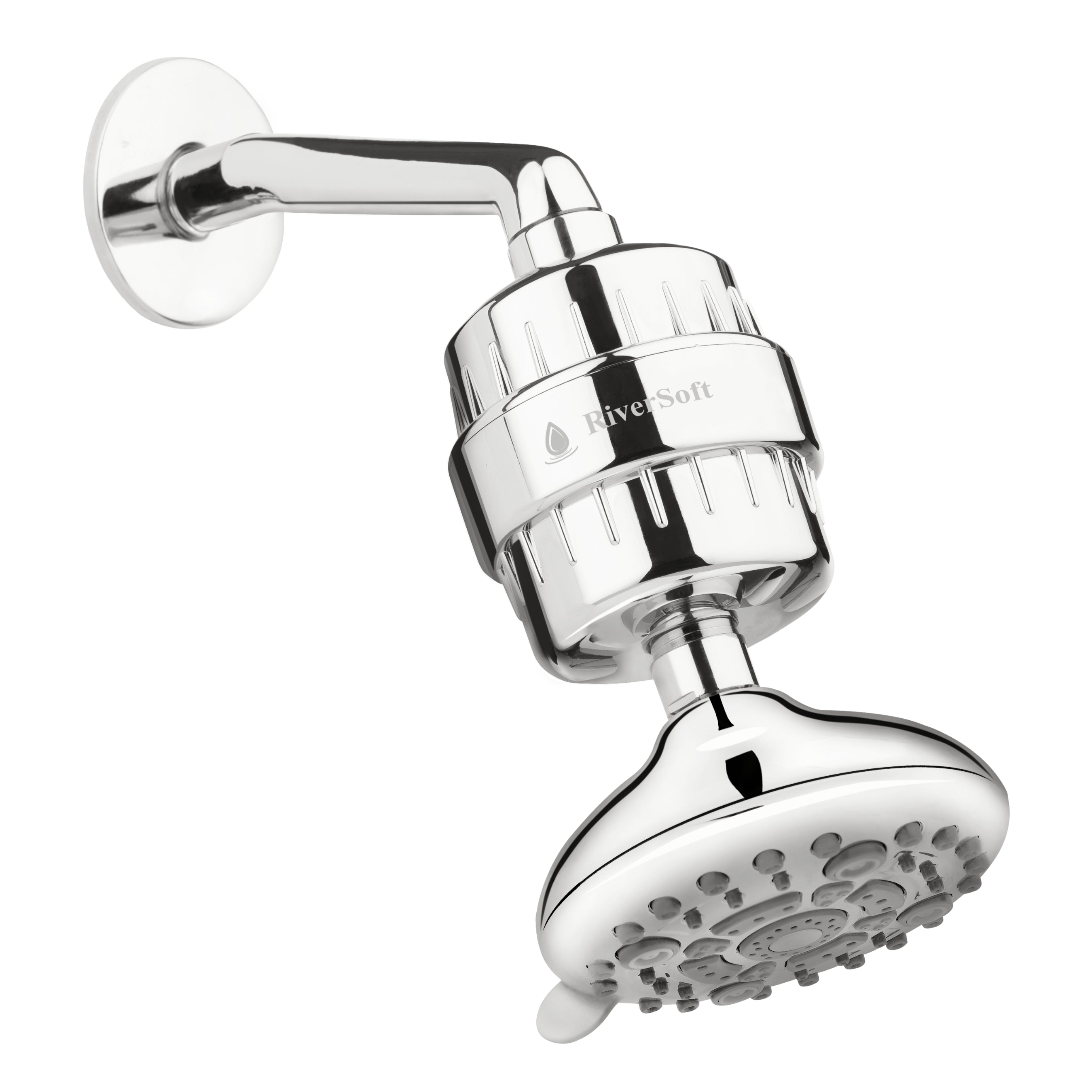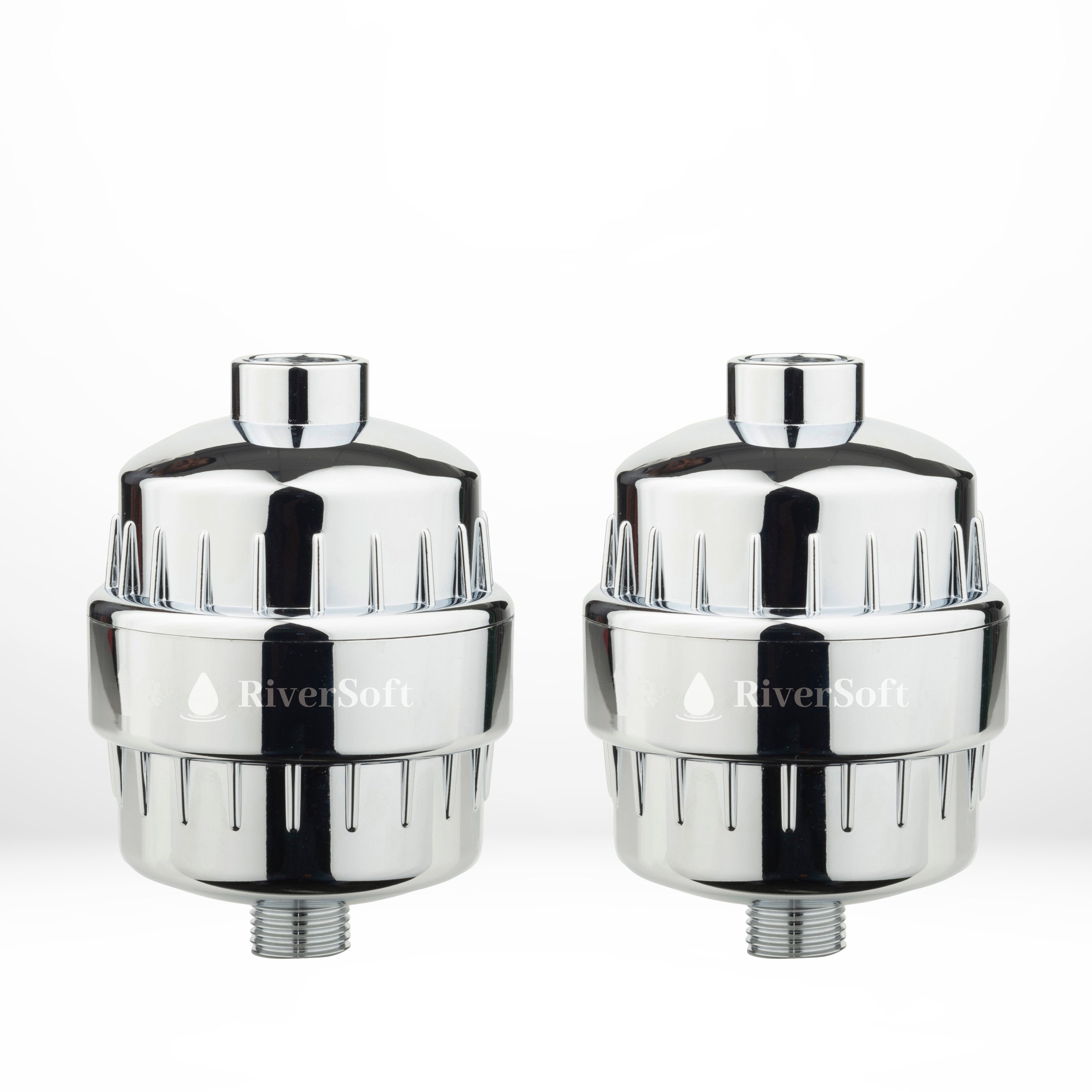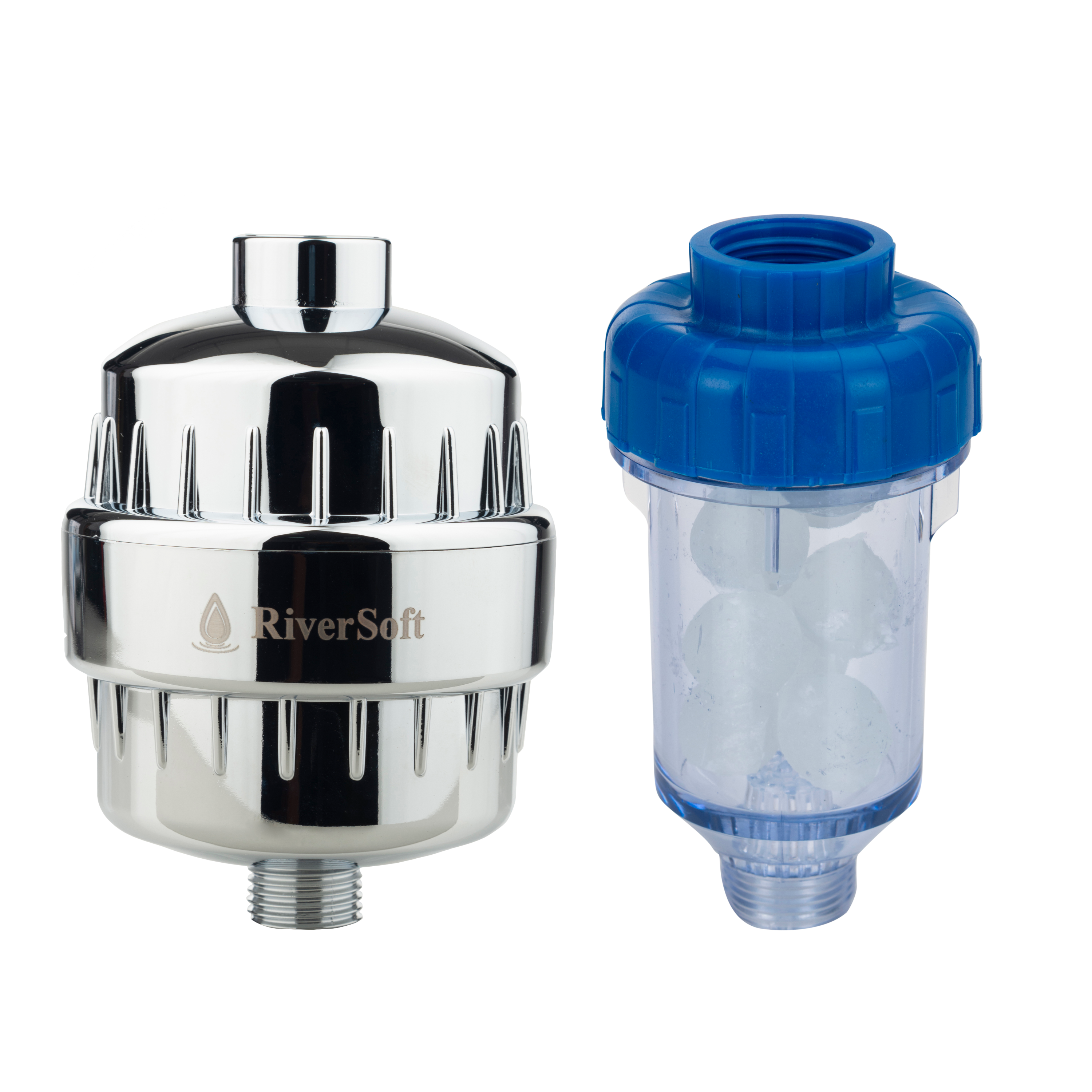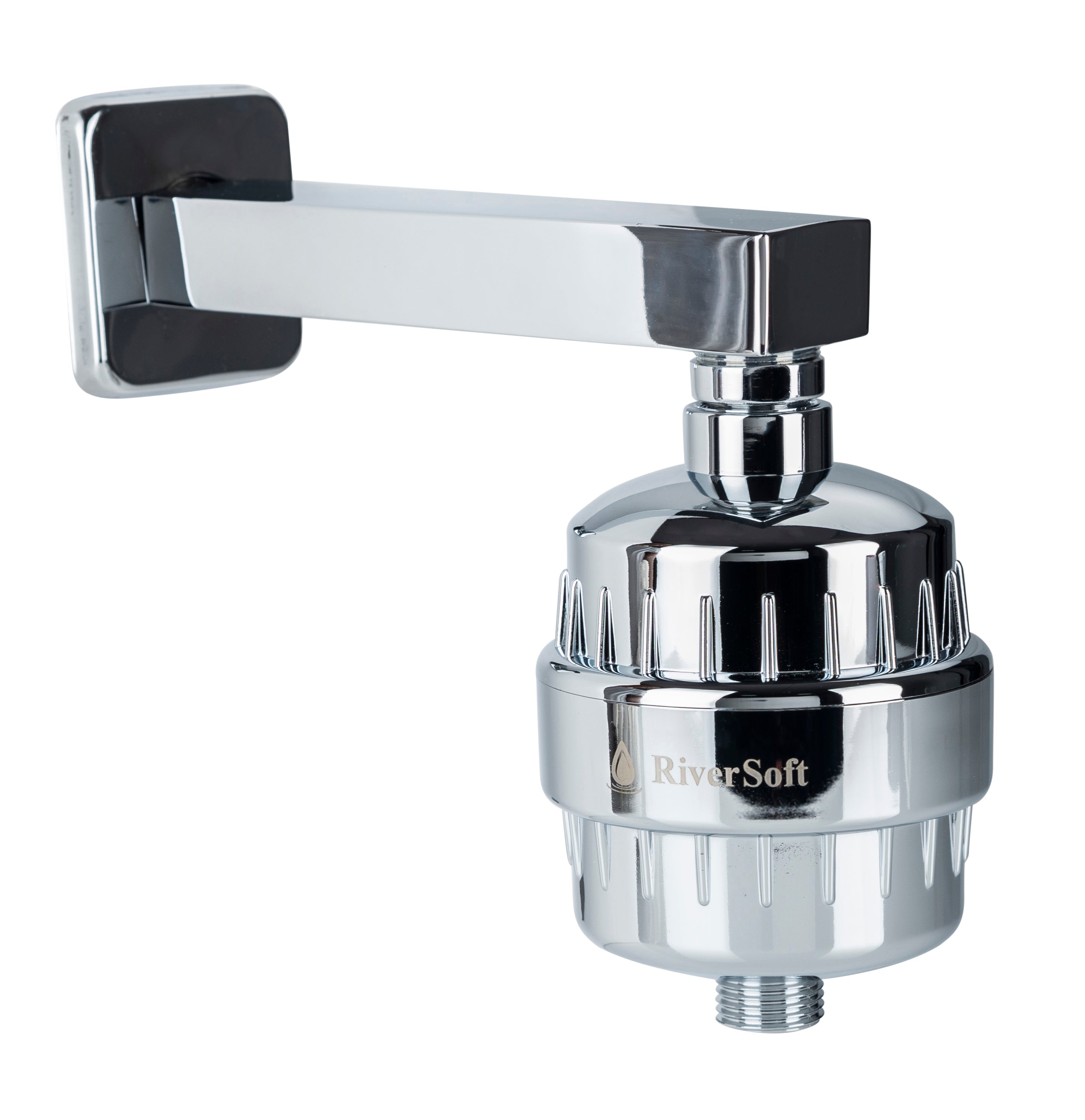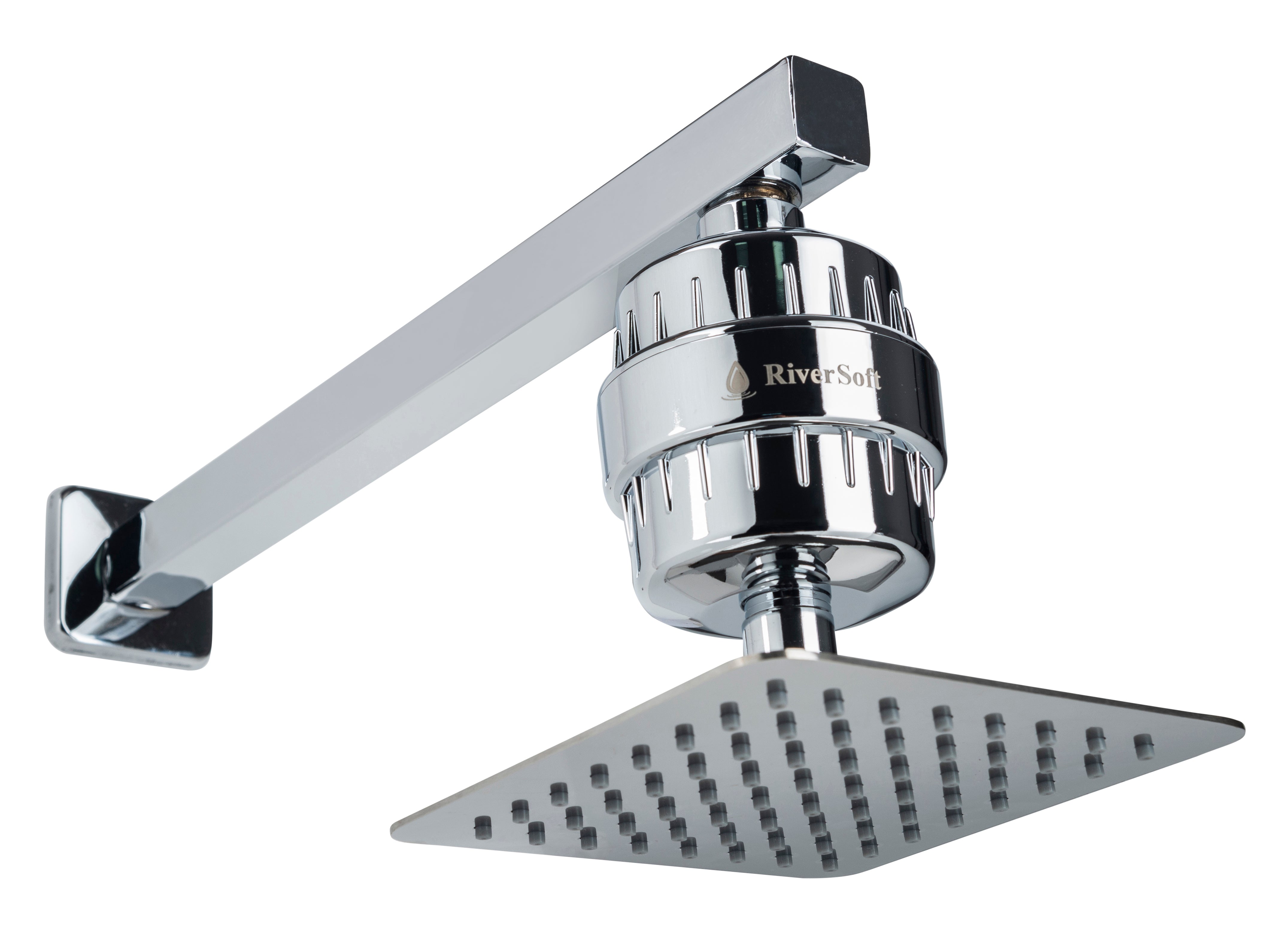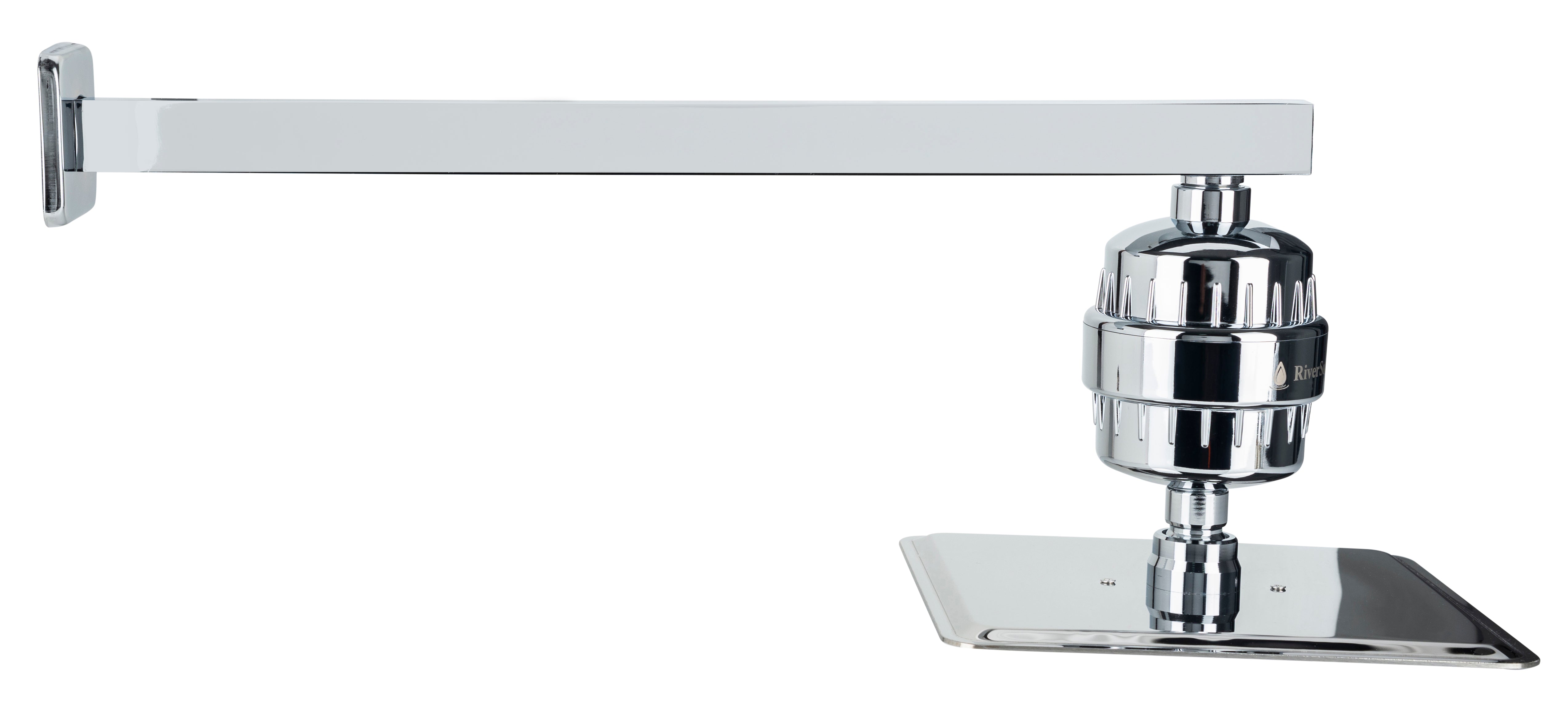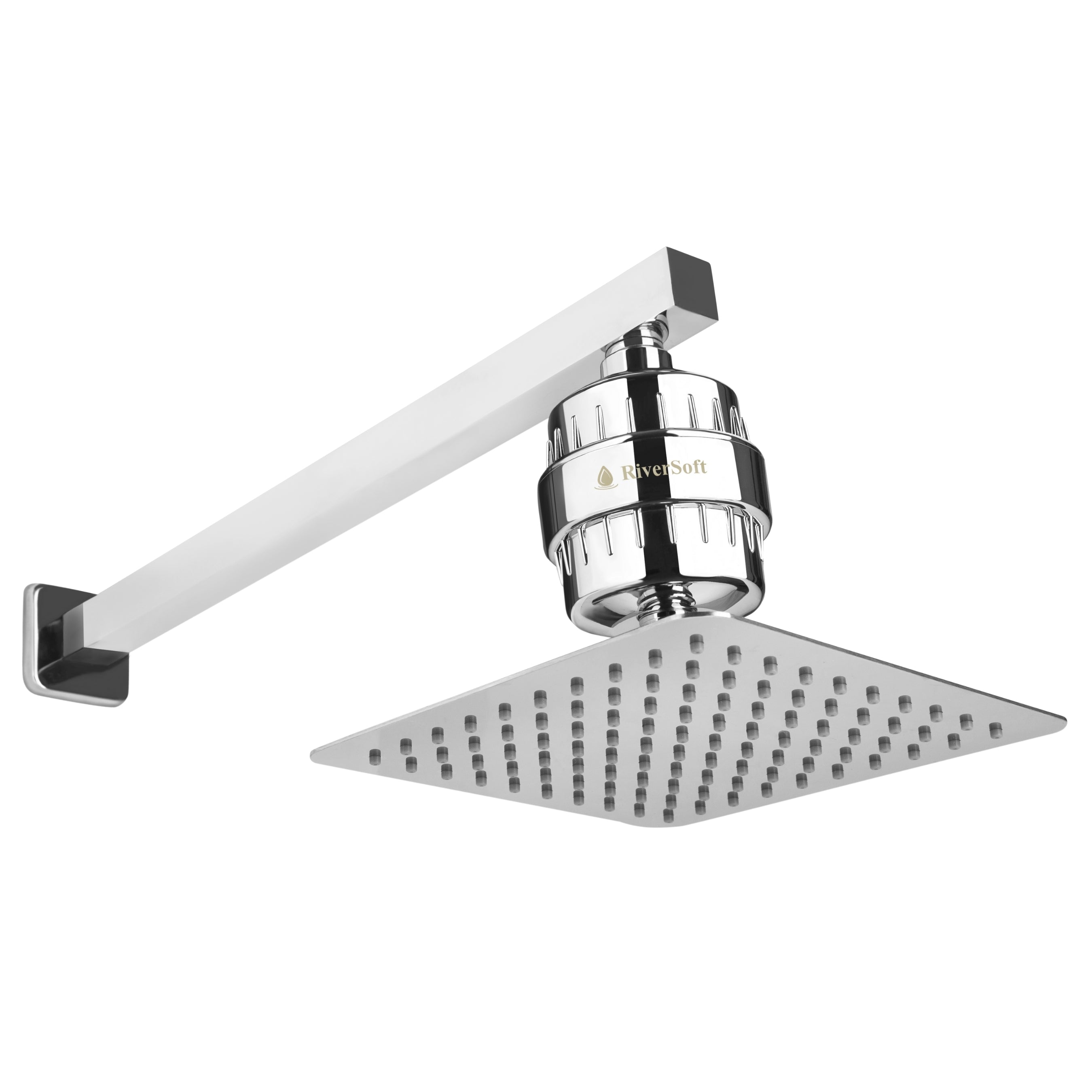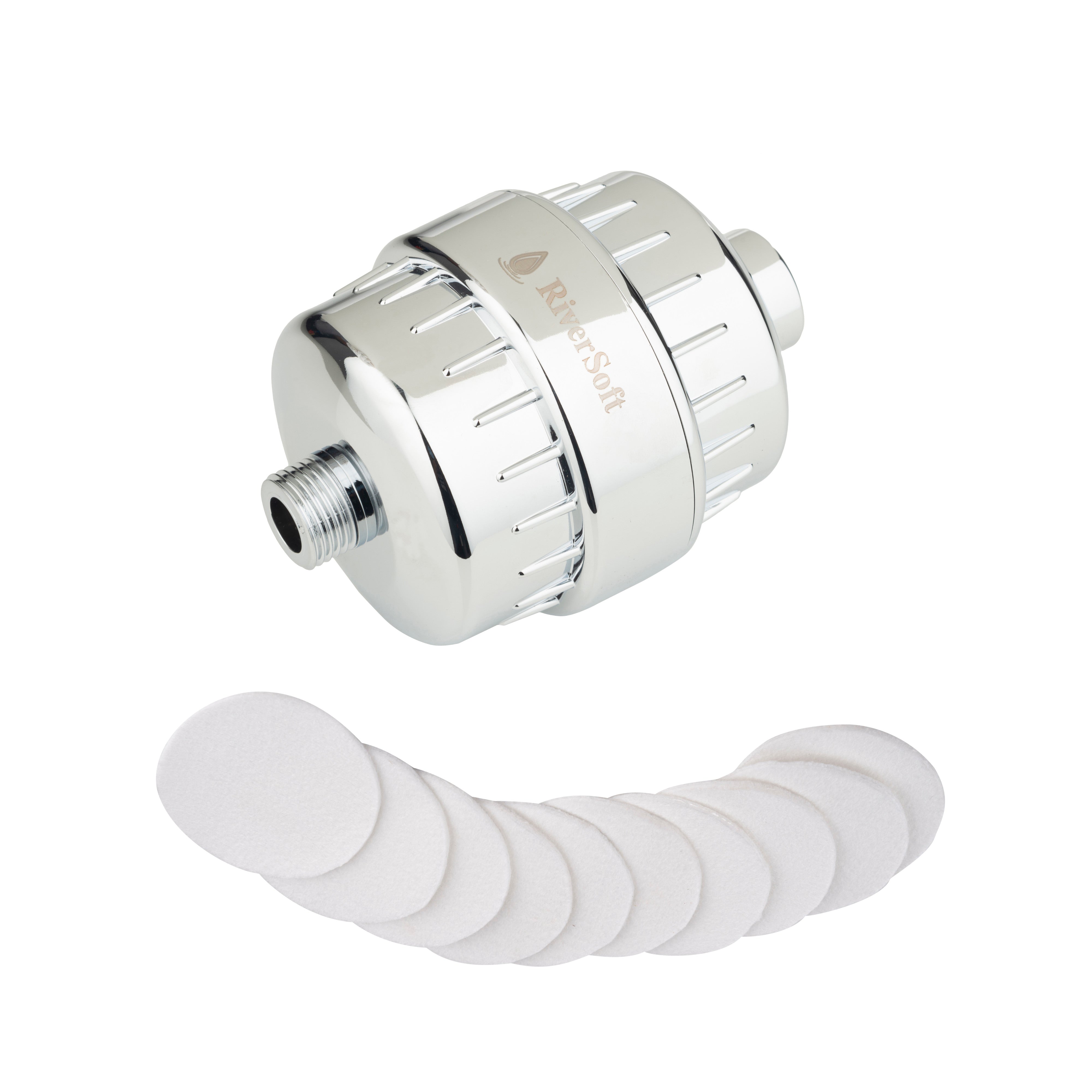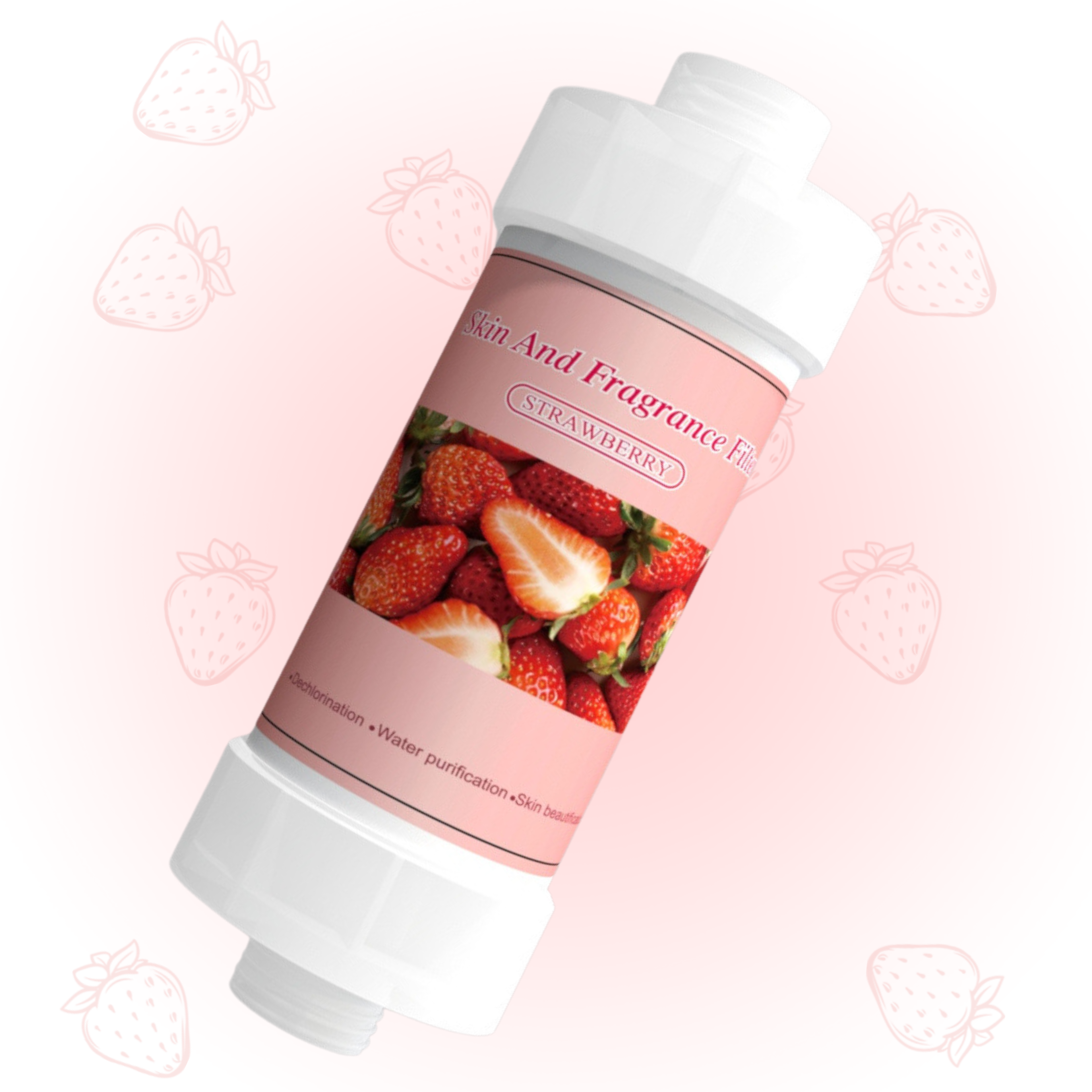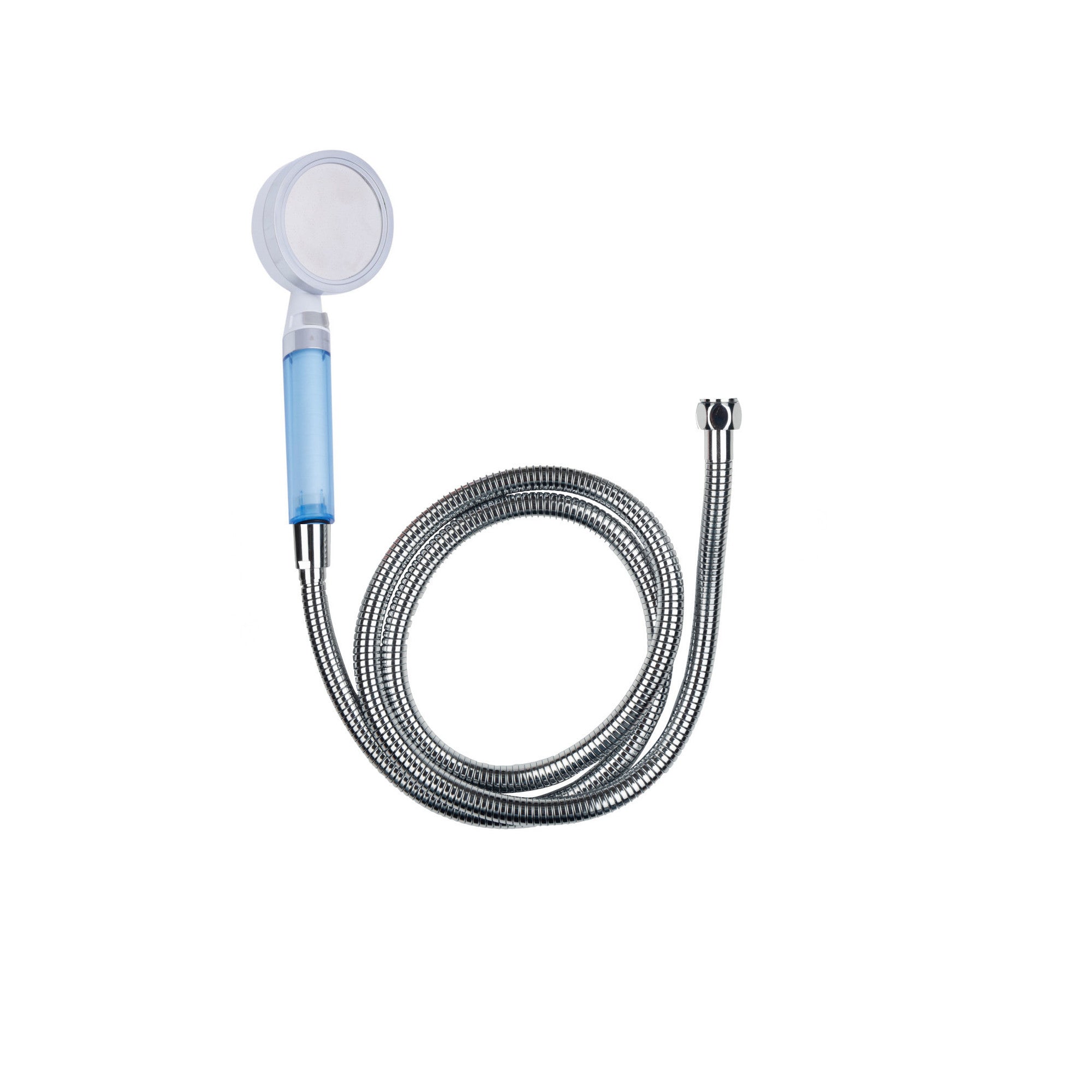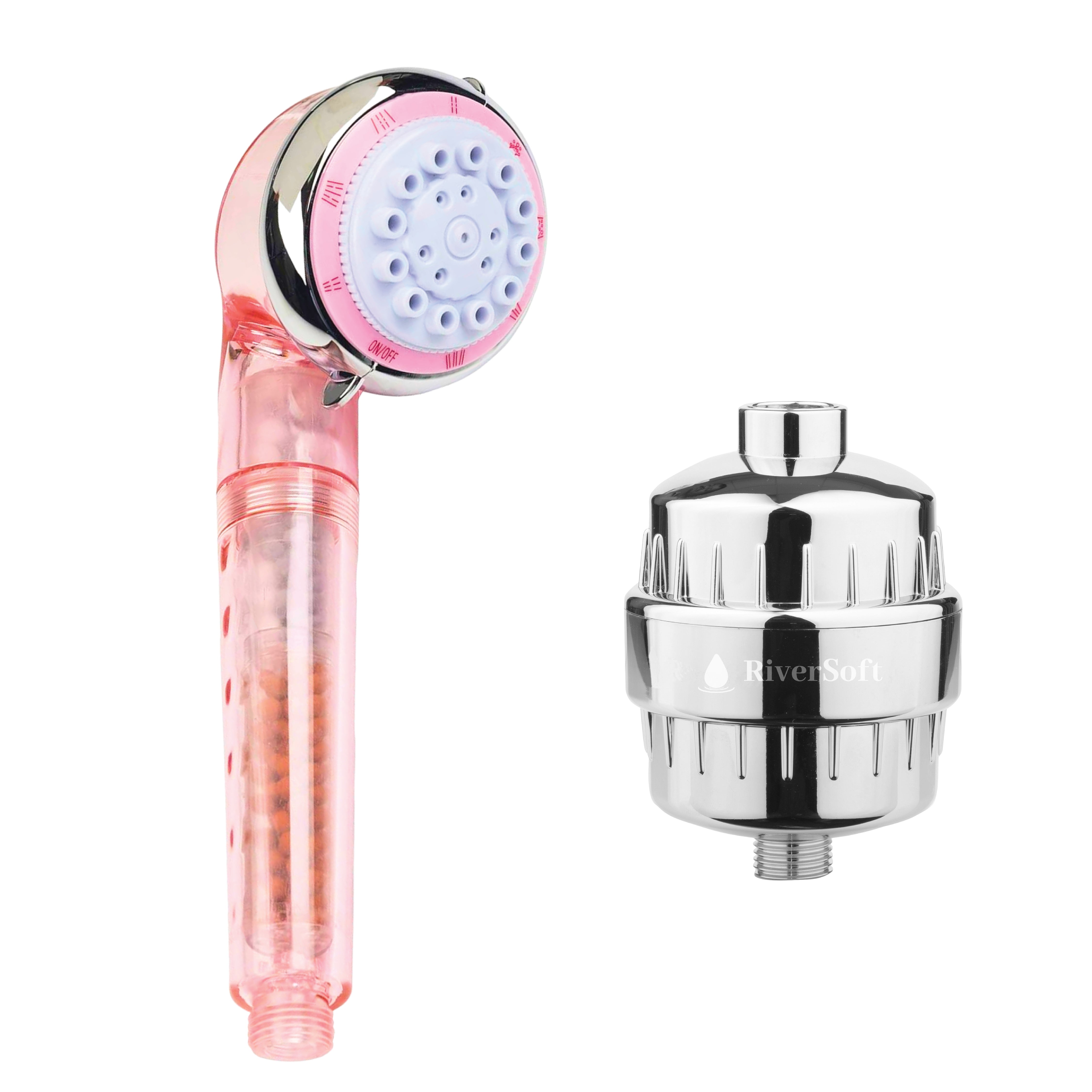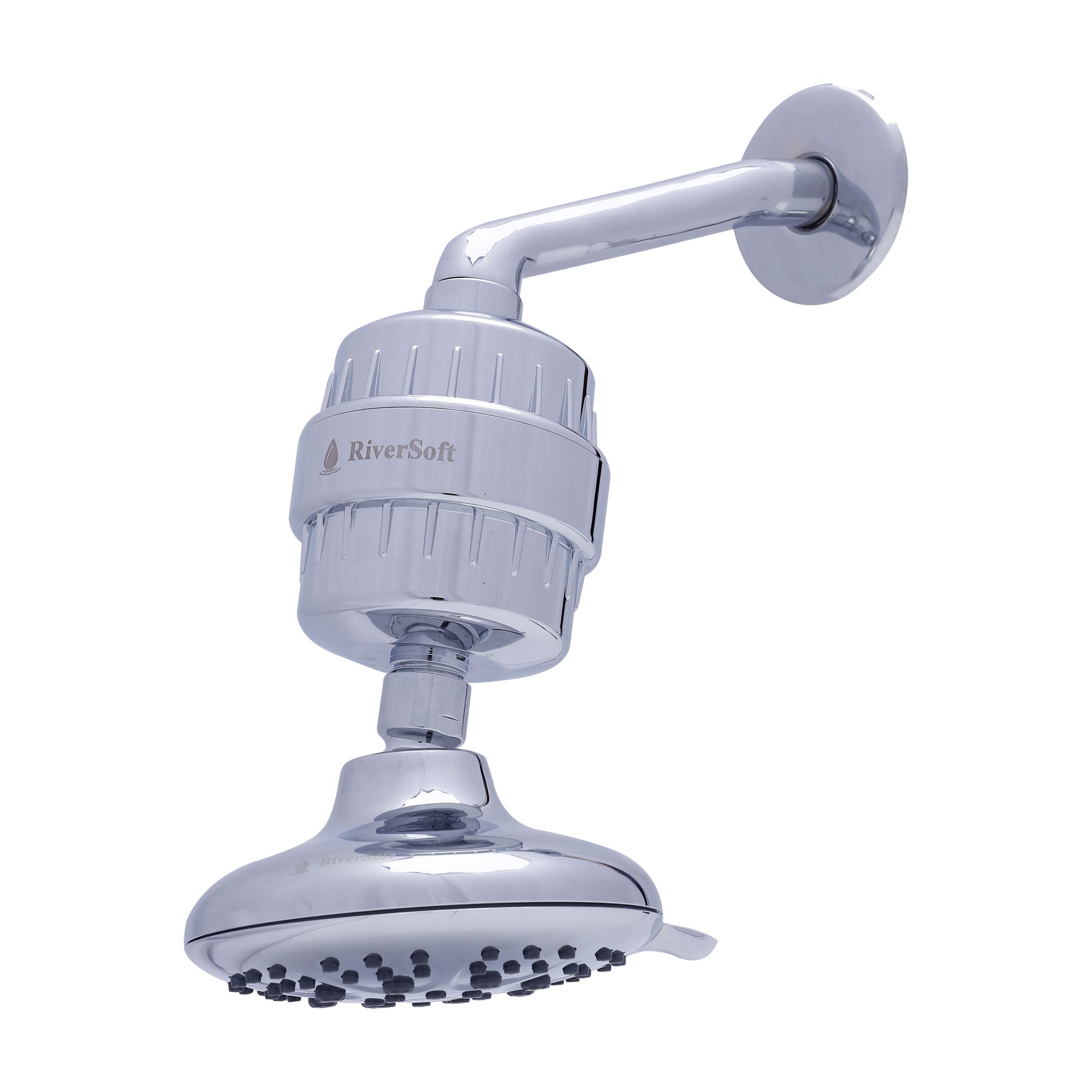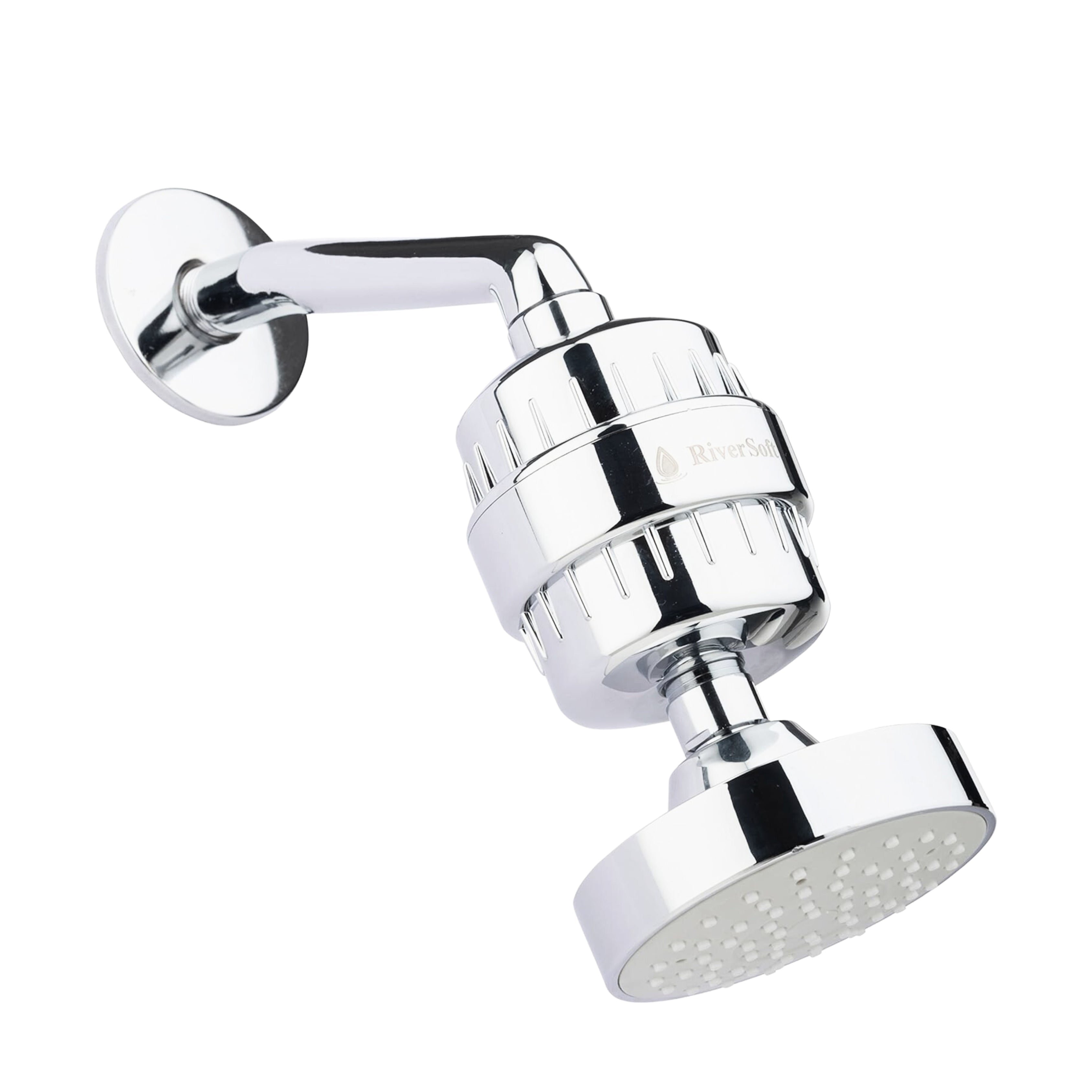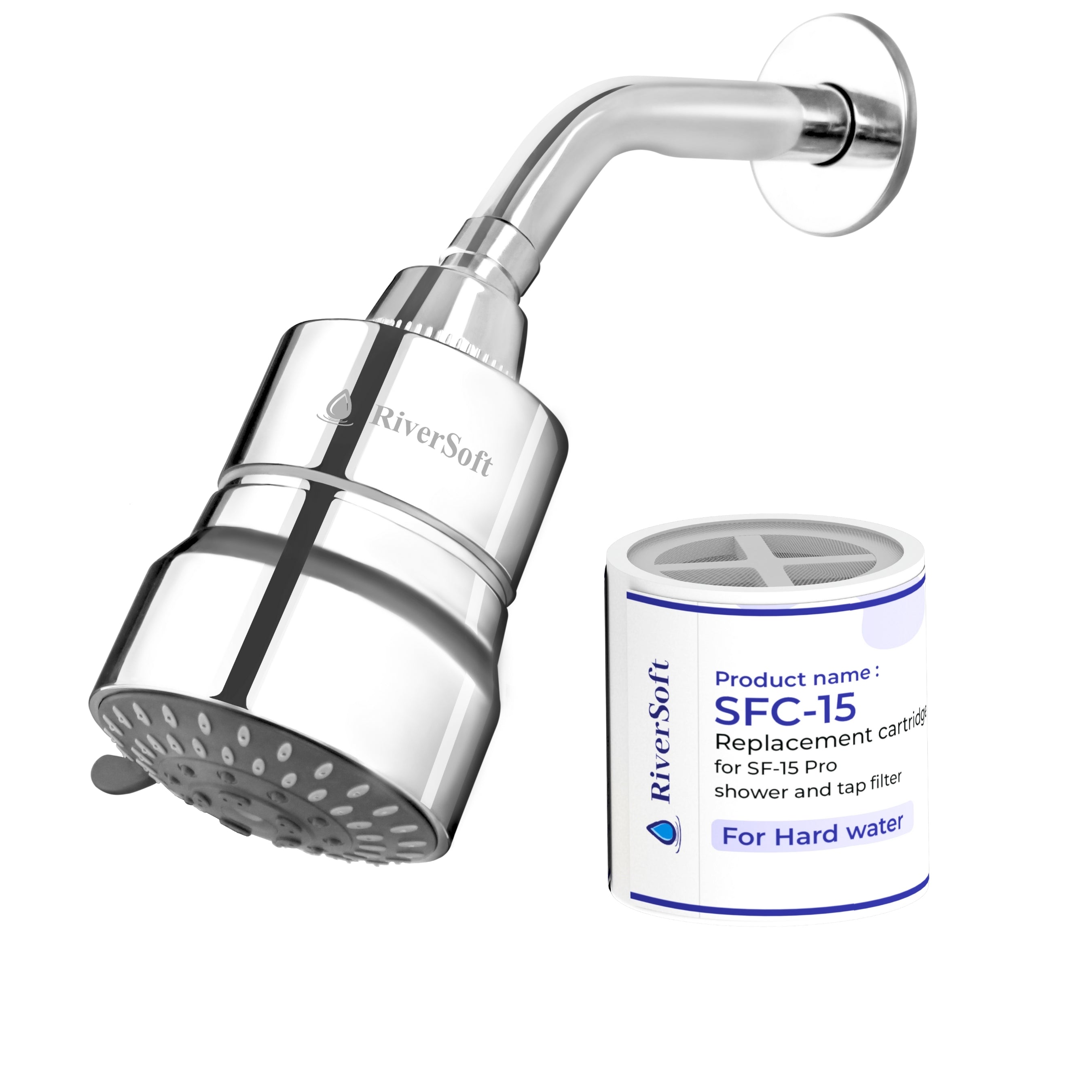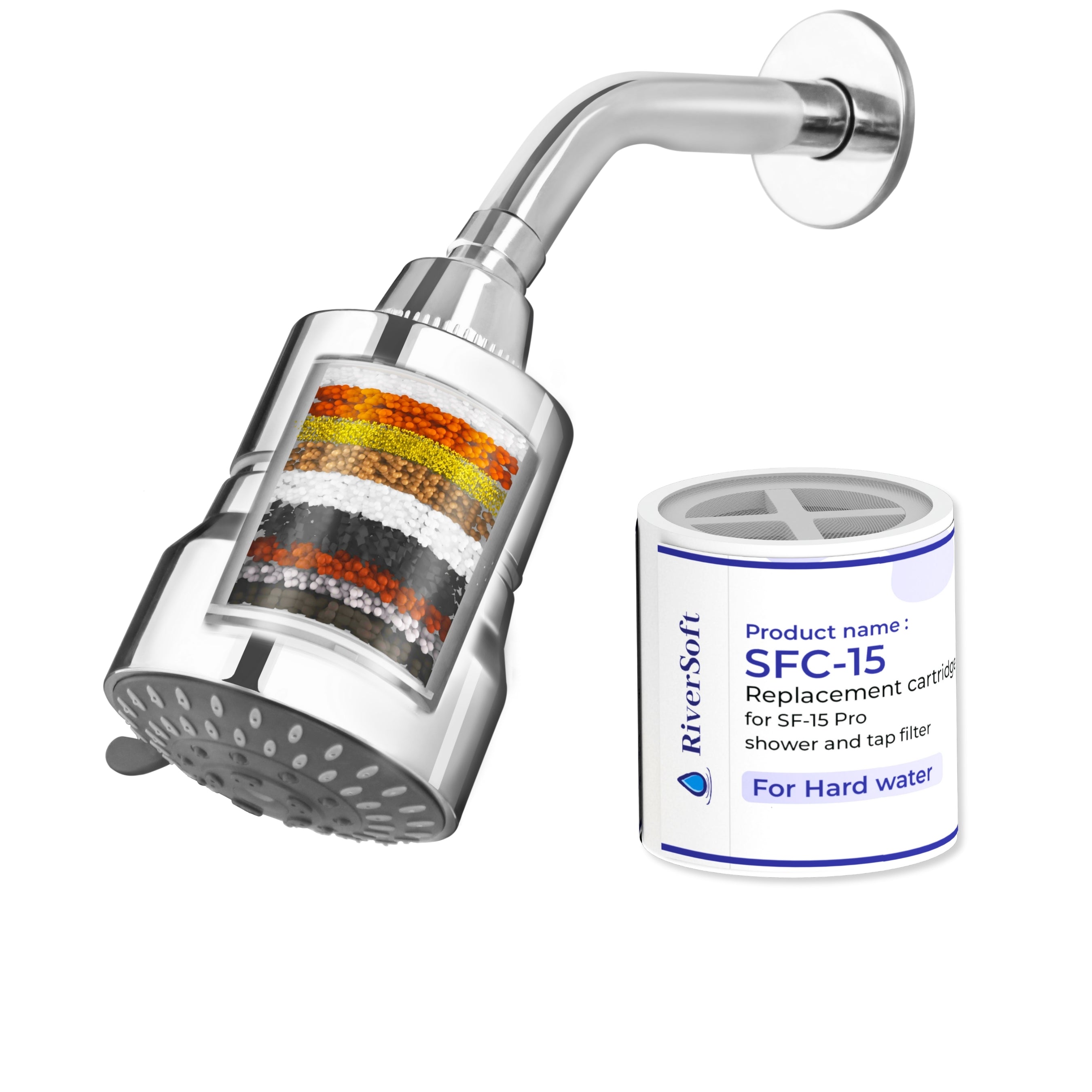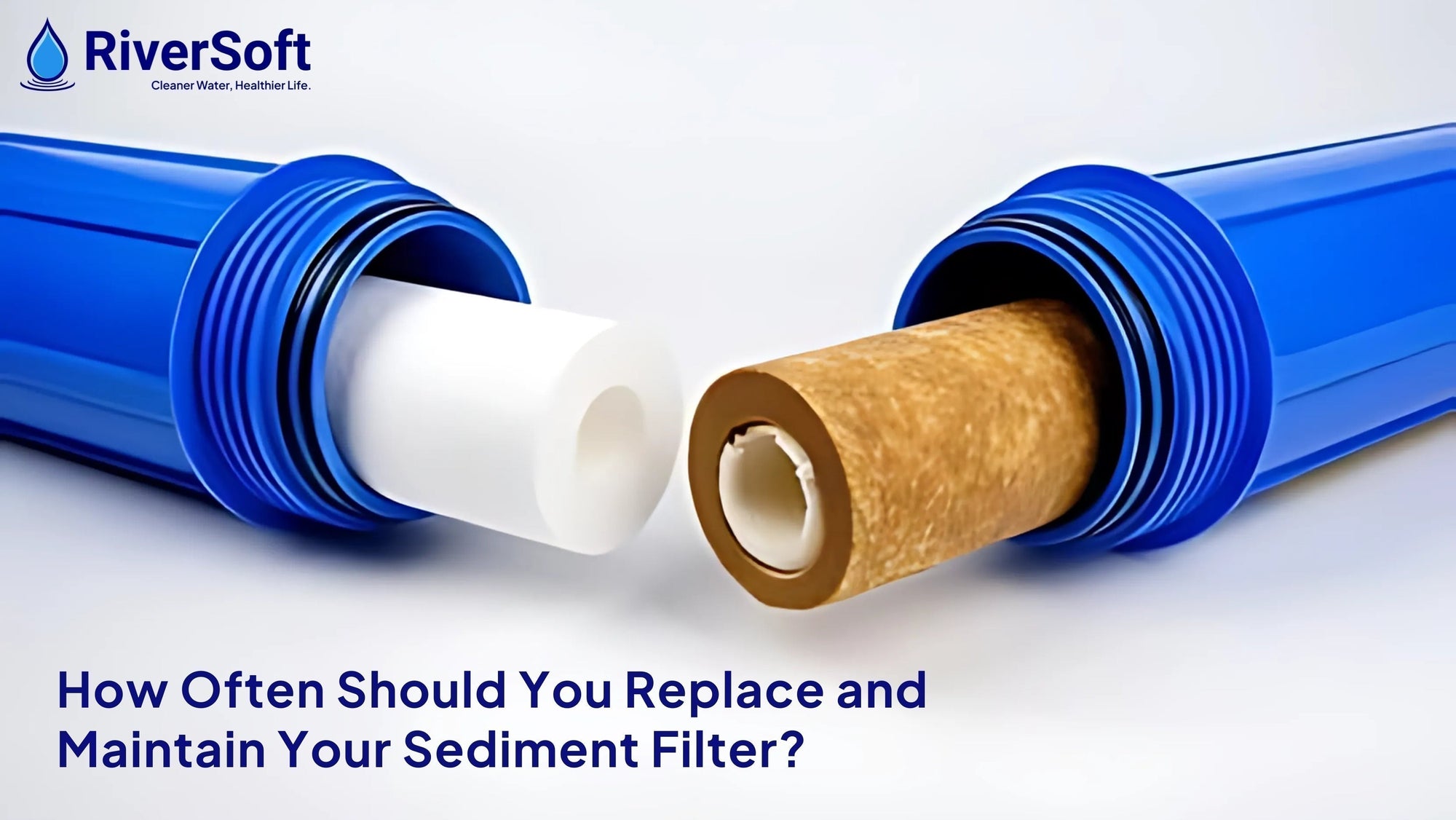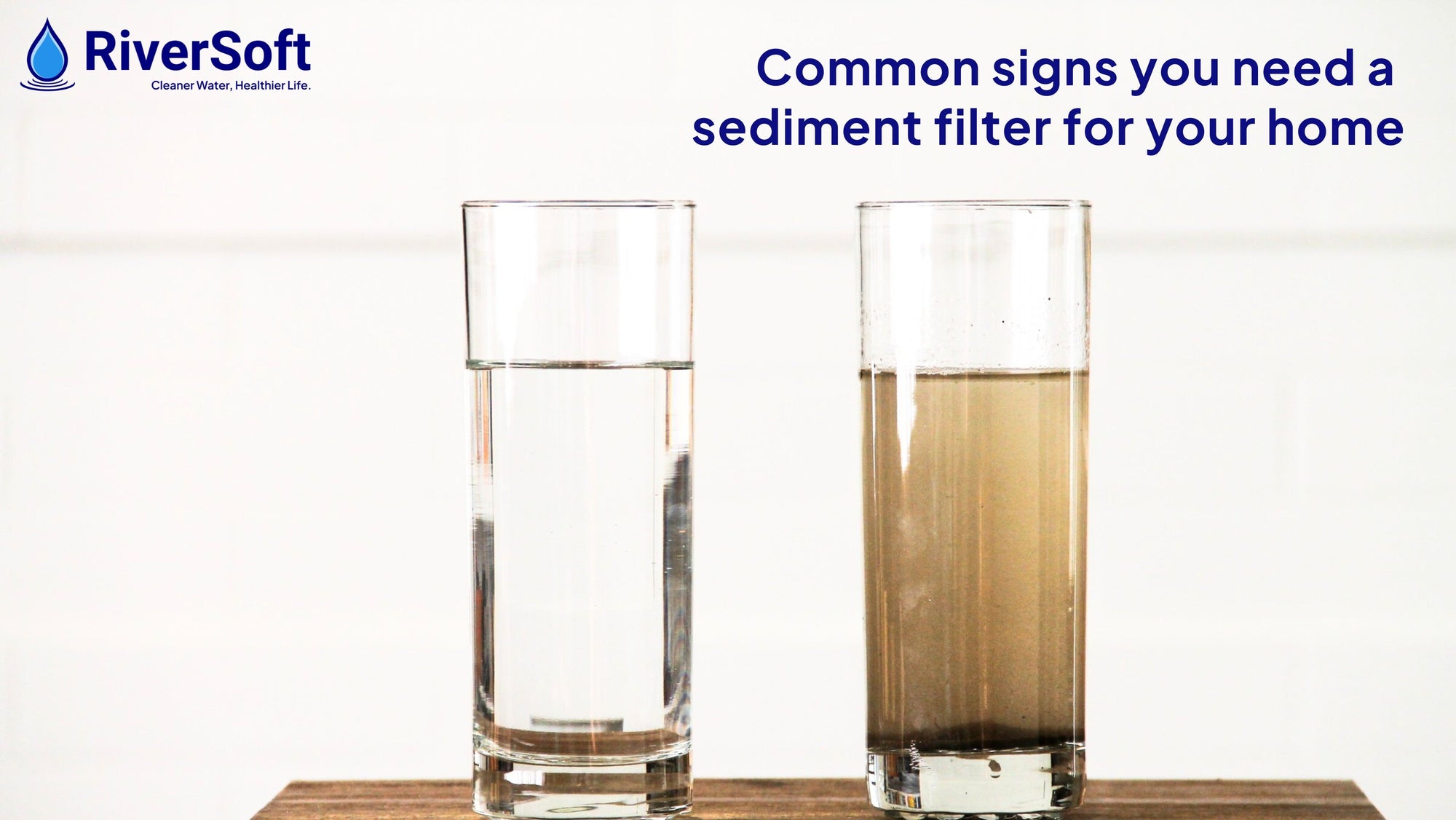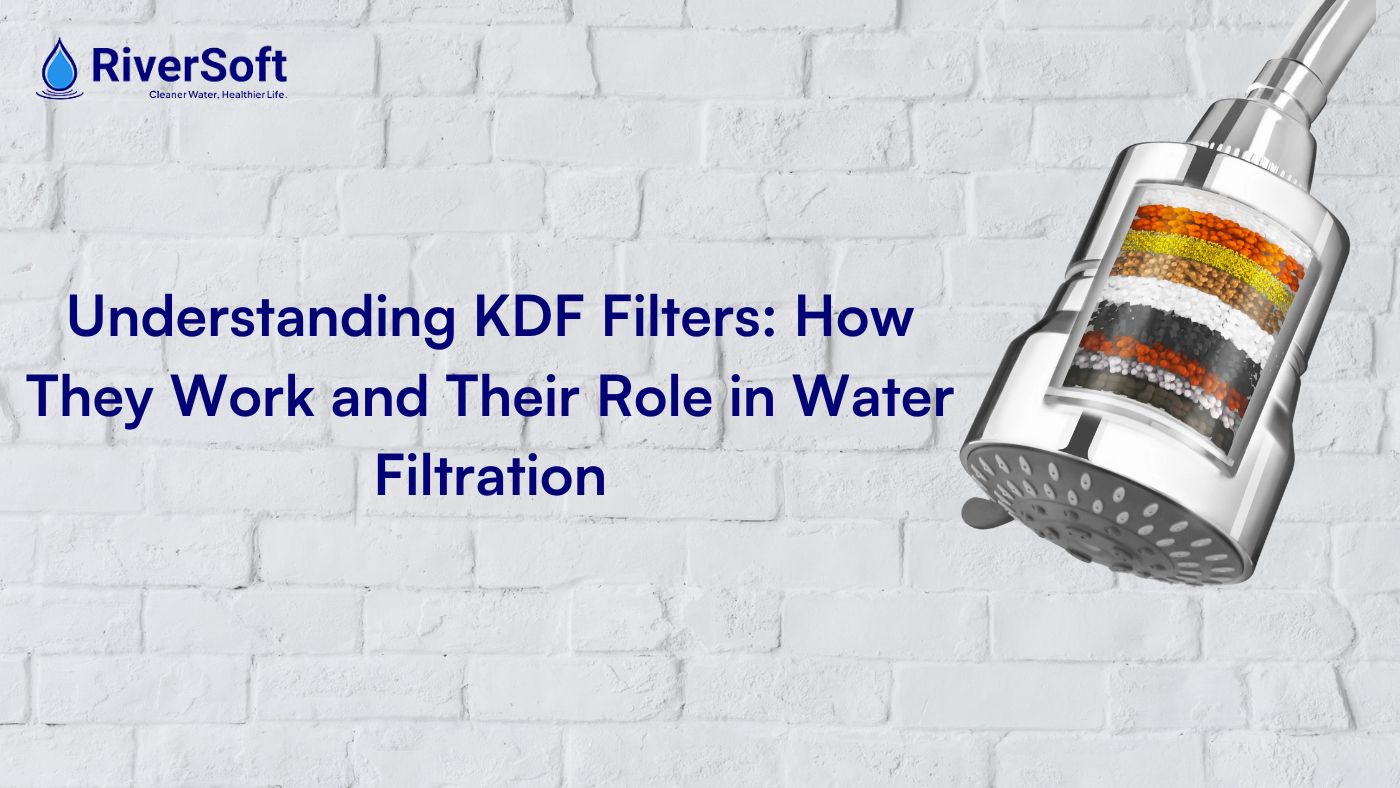Did you know that over 85% of the world's water supply is classified as hard water? Despite being so common, its hidden effects on your hair and scalp often go unnoticed.
If you're struggling with an oily scalp, stubborn dandruff, or greasy hair that feels dirty soon after washing, hard water might be the underlying cause. In this blog, we’ll explore how hard water affects sebum production on your scalp, leading to excess sebum production and making your hair harder to manage.
The Role of Sebum in Scalp Health
Before we dive into the impact of hard water, it’s essential to understand what sebum is. Sebum is the natural oil produced by your sebaceous glands located in your scalp. Its primary function is to protect your scalp and keep your hair moisturised. When your sebum production is balanced, your scalp stays hydrated and healthy, resulting in shiny, nourished hair.
However, things go wrong when there’s excess sebum production on the scalp. This can make your scalp feel greasy, clog pores, and lead to uncomfortable symptoms like itchiness and dandruff. While a balanced amount of sebum is necessary for a healthy scalp, overproduction of it can leave you struggling with oily hair that’s difficult to manage.
How Hard Water Impacts Sebum Production
So, how does hard water come into the picture? Hard water contains high levels of minerals, such as calcium and magnesium, which interact with the natural oils on your scalp. These minerals can build up, blocking your hair follicles, leading to irritation, and disrupting the normal balance of sebum production on your scalp.
In addition, hard water has a more alkaline pH compared to your scalp’s naturally acidic environment. This imbalance can disrupt the pH of your scalp, leading to an overproduction of sebum as your scalp tries to compensate. As a result, your sebaceous glands begin to work overtime, producing more oil than necessary, which leads to an oily scalp.
Consequences of Excess Sebum Production
Excess sebum on your scalp doesn’t just make your hair greasy, it can lead to other issues such as:
- Oily Scalp: You might feel the need to wash your hair constantly. But washing too often can strip away natural oils, causing your scalp to produce even more sebum.
- Clogged Pores: Too much sebum can clog pores, leading to dandruff, scalp irritation, and even hair thinning or loss in severe cases.
- Greasy Roots: If your hair looks oily just hours after washing, it could be a sign that hard water is affecting your scalp's sebum production.
5 Tips to Protect Your Scalp from Hard Water
The good news is that you can take steps to protect your scalp and hair from the damaging effects of hard water. Here are some effective tips:
1. Install a Shower Filter: A shower filter for hard water can help remove calcium and magnesium from your water supply before it reaches your scalp. This can significantly reduce the mineral buildup that leads to irritation and excessive oil production.
2. Use Clarifying Shampoos: These shampoos are specifically designed to remove mineral buildup caused by hard water. They help to clear your scalp of unwanted minerals, restoring balance and reducing excess sebum production on the scalp.
3. Install a Water Softener: If you're dealing with hard water in your area, investing in a water softener for tap and shower can help reduce mineral buildup in both your scalp and hair. This can prevent the accumulation of harsh minerals that exacerbate sebum production on the scalp. You may also consider installing a tap filter for hard water in your bathroom sink to limit exposure while washing your face or rinsing hair.
4. Rinse with Filtered or Distilled Water: If you don’t want to install a hard water shower filter, you can also try rinsing your hair with filtered or distilled water. Doing this at the end of your wash can help remove any leftover minerals from hard water, giving your scalp a much-needed break.
5. Adjust Your Hair Care Routine: Consider switching to lightweight hair care products that won’t weigh down your scalp. Avoid heavy conditioners and oils, as these can worsen oily scalp issues. Opt for products designed specifically for oily or sensitive scalps.
Conclusion
Hard water plays a significant role in increasing excess sebum production on the scalp, leading to greasy, oily hair and irritated skin. By understanding the impact of hard water effects on hair and scalp, you can take proactive steps to reduce its harmful effects. Whether it’s using chelating shampoos, installing a water filter for hard water, shower filter for hard water, or investing in a water softener for tap water from RiverSoft, there are plenty of ways to protect your scalp and restore balance to your hair.
Take charge of your scalp health by checking your water quality and making necessary changes. With the right hair care habits, you can reduce the excess sebum production on your scalp and enjoy healthier, more manageable hair!
Reference: Sciencedirect






